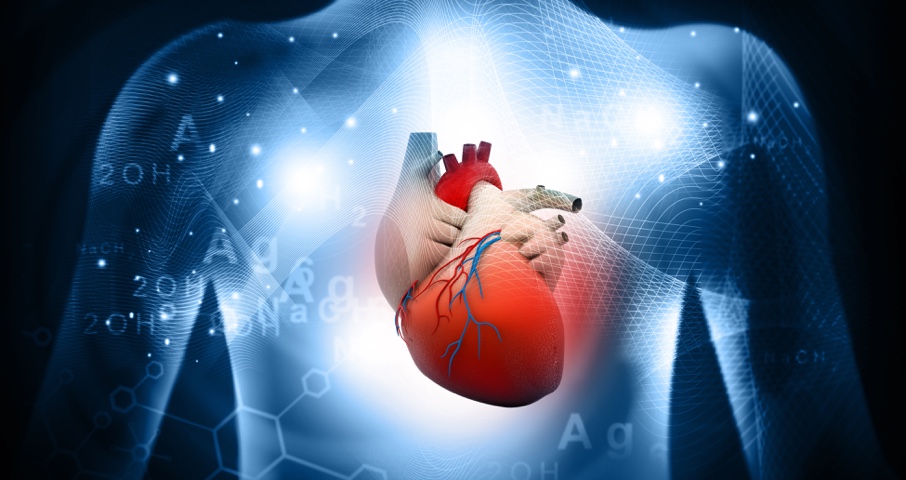



Get new exclusive access to healthcare business reports & breaking news




The functions of the human heart continue to challenge physicians worldwide.
A quick glance at U.S. statistics on the subject paints a bleak picture: One American dies of cardiovascular disease (CVD) every 38 seconds, which costs the healthcare system more than $329 billion a year.
It’s not surprising that the international medical community is working around the clock to determine innovative solutions to the heart disease epidemic.
Here are five of the newest technologies for treating CVD, from stem cells to artificial intelligence:


BioCardia is a clinical-stage biotechnology-regenerative medicine company that develops innovative therapeutics for the treatment of heart failure. Among its treatment modalities, personalized screenings help determine which patients are most likely to benefit from intramyocardial injection of therapeutic agents.
BioCardia’s current efforts in cardiac regenerative medicine include CardiAMP™ Therapy and CardiALLO™ Therapy, which focus on heart failure resulting from heart attacks. The company was co-founded by Dr. Simon Stertzer, who performed the first coronary balloon angioplasty in the U.S. in 1978.


Designed by Newpace with the help of researchers from Na Homolce Hospital in Prague, Czech Republic, the implantable string subcutaneous defibrillator (ISSD) is a less invasive device that can prevent sudden cardiac death.
Unlike current subcutaneous defibrillators, the ISSD doesn’t require a metal pulse generator pocket. Instead, it uses a single flexible string-shaped device with no leads within the heart. The average implantation time is only 20 minutes, and the device can be connected to a smartphone.


Harvard University and Boston Children’s Hospital researchers came up with a soft robot that fits around the heart and helps it beat. The device holds much promise for individuals whose heart has been weakened by a heart attack and are at risk of heart failure. The robot syncs with the heart through a thin silicone sleeve with soft pneumatic actuators that mimic the heart’s outer muscle layers. It does so without any direct contact with the blood, as is the case with most currently available devices. This removes the need for potentially dangerous blood thinner medications.


Biolife4D, a Chicago-based biotech startup, recently announced that it can bioprint a human cardiac muscle patch, which can be sutured over an area of dead heart muscle to speed up recovery from acute heart failure. The entire process is highly complex. It involves reprograming a patient’s blood cells into stem cells, which are then mutated to produce the specific types of cells suitable for the 3D bioengineering of a human heart. Watch this video to see how the scientific landmark was achieved.


Designed by researchers from Google and its health-tech subsidiary, Verily is an artificial intelligence algorithm that promises to predict heart disease just by taking one glance at a patient’s eyes. To build this technology, scientists looked at a database of nearly 300,000 patients and scanned it for patterns. Since the rear interior wall of the eye hides a network of blood vessels, the eye scans revealed telltale signs of heart disease, such as high blood pressure. Although still in the testing stage, it is able to predict with 70% accuracy whether a patient will suffer a heart issue in the next five years.